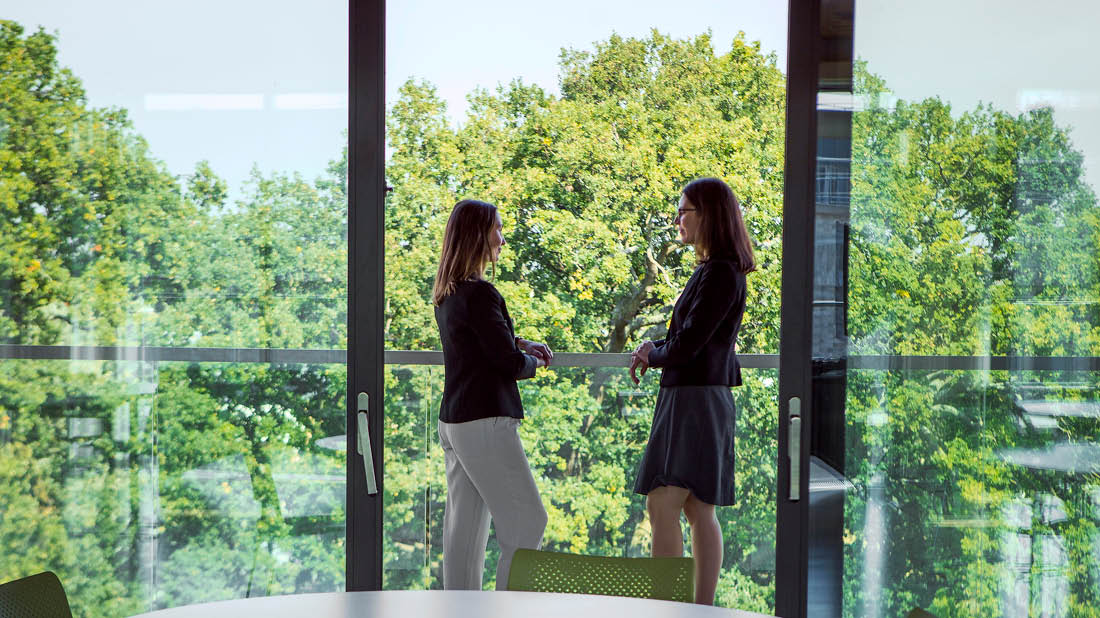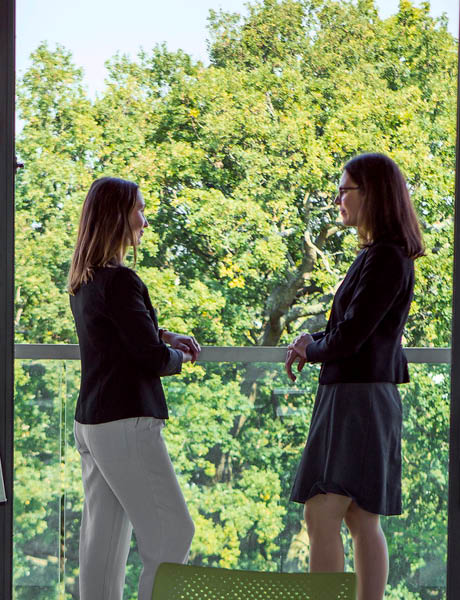


The Covid-19 pandemic has shone the spotlight on the topic of employee wellbeing, with organizations recognizing the increased need to respond and take care of their people. In the third article covering the recent Hospitality Resilience Series, we hear from Executive Coach and Mentor, Pekka Pohjakallio, as he discusses how wellbeing impacts overall performance.
Hosting the session was Jonathan Humphries, HoCoSo Chairman and Glion Head of International Hotel Development and Asset Management Specialization, who provided an introduction to wellbeing and why it’s now a crucial consideration for employers. “Wellbeing is a conscious choice that we make every single day and very small changes can have a huge impact. In business, wellbeing is an absolute must-have, and not a nice-to-have, it is not a luxury anymore.”
The four modes of sustainable performance
The concept of peak performance is often discussed in leadership circles, and it’s by no means a new phenomenon. In 1909, there was a study made by researchers named Jerks and Dodson who identified that human beings need a certain amount of push, stress and stimulus to be able to live a good life. Commenting on how this is achieved through wellbeing, Pekka said “a better life brings better performance”, introducing the four modes for healthy and sustainable performance.
- The first one is normal mode – when it is important to have a routine, so you can do healthy and balanced things during the day.
- The second one is the mission mode – this is the mode for intense focus, where, for example, in the hospitality industry there might be a peak in demand.
- The third one is the recovery mode – where you have to pause and recover.
- The fourth is the renewal mode – this is the time to reflect on the past, the future and learn new skills.
Each of us, individually and each organization, must define what normal mode is, what mission mode is, and what recovery mode means. And when it comes to how they fill your day, Pekka states “It is important to respect all those stages in order to perform your best in the right moment. There should be four hours per day for the mission, complemented by the other different zones in balance to create a holistic approach.”
Everyone is an individual
Pekka stated that at individual level, taking the F1 drivers he works with as an example, people have a different approach to their daily wellbeing and how they position themselves for success. “Being a F1 coach is like marriage without the benefits, you are always with them and your biggest job is to build a bubble around the driver so they can focus 100 percent on where they need to be. Not too many fans, not too much PR, just making sure that you build the day for the driver to perform his best.
“Even on this, each driver is different from another. For example, one might want to be really calm, while another needs to be worked-up to get adrenaline going to perform better, it depends on the driver.”
“…you have to understand which person you are, and what motivates you…”
Ultimately, to feed your wellbeing and feel a sense of fulfilment in your personal and professional life, you have to understand which person you are, and what motivates you to reach your goals. Whatever that might be, you need to find it in order to focus your attention and achieve optimum performance. Pekka concluded by stating that “one of the great motivators is self-determination and autonomy, where you have a feeling that you are more or less on the driver’s seat of your life.”
About the Hospitality Resilience Series
This series is powered by HoCoSo, Cervus Leadership Consulting and Atlas Coaching; in association with Glion. For Glion, it was led by Jonathan Humphries, Head of International Hotel Development and Asset Management Specialization.
















